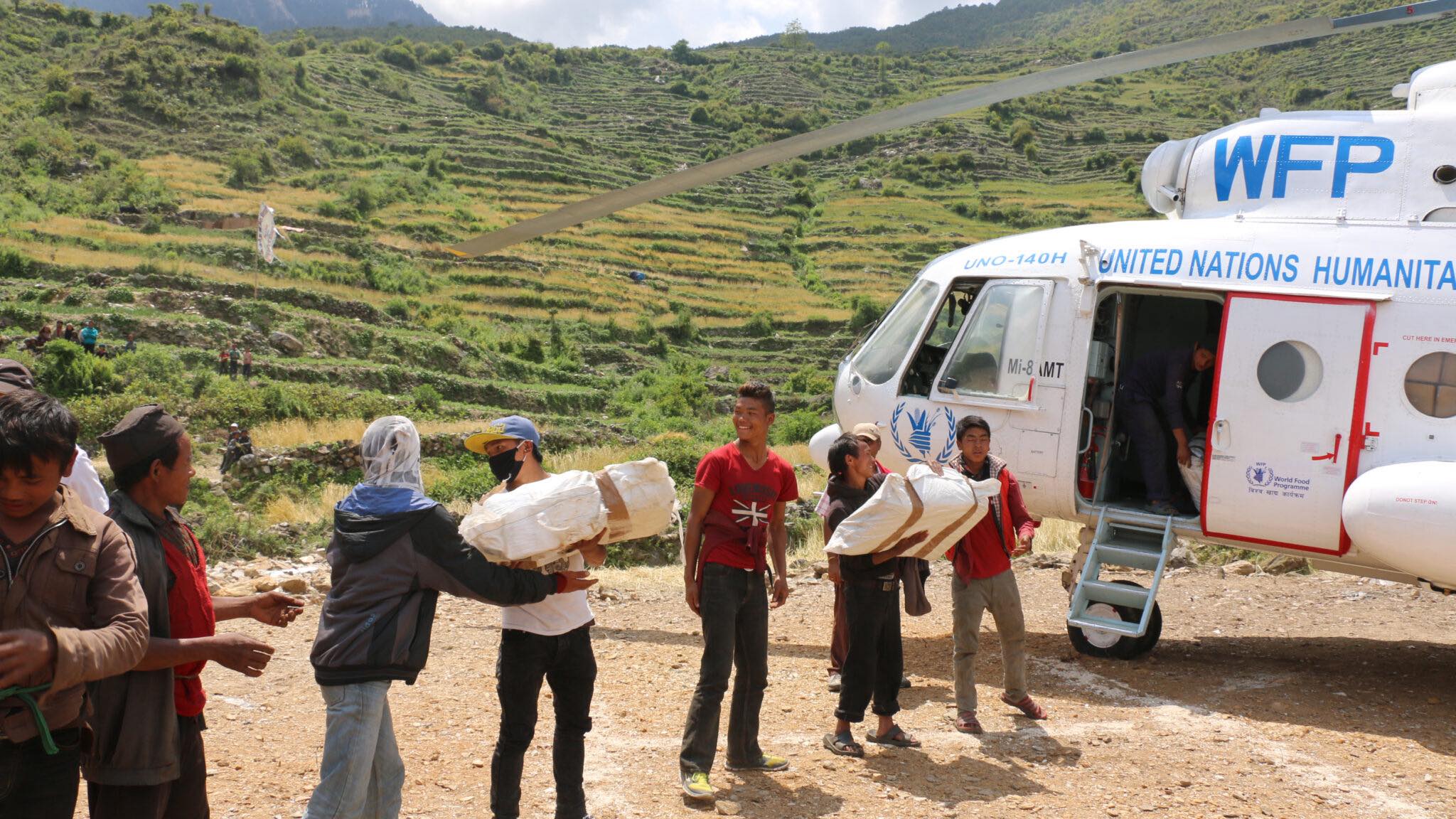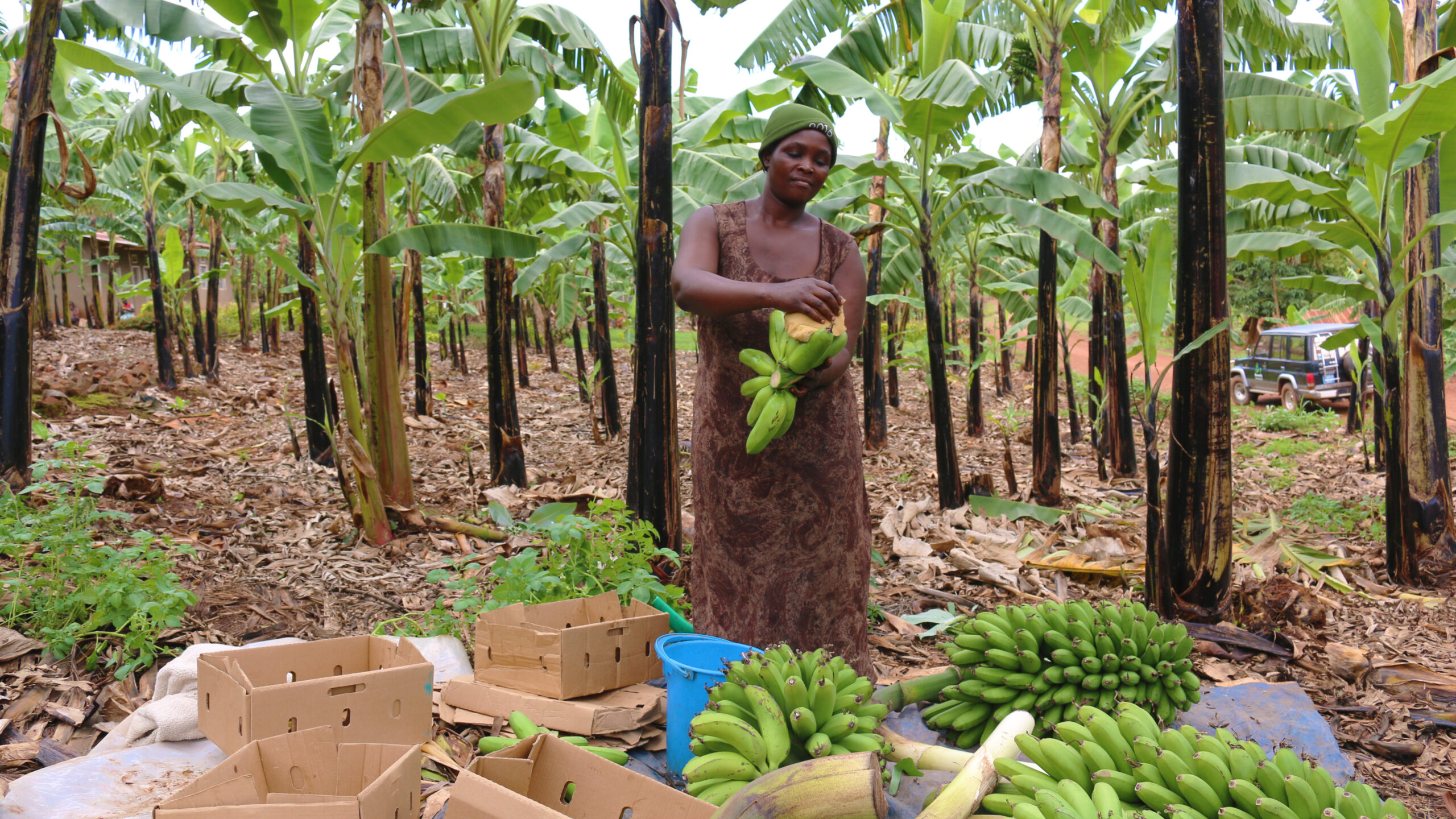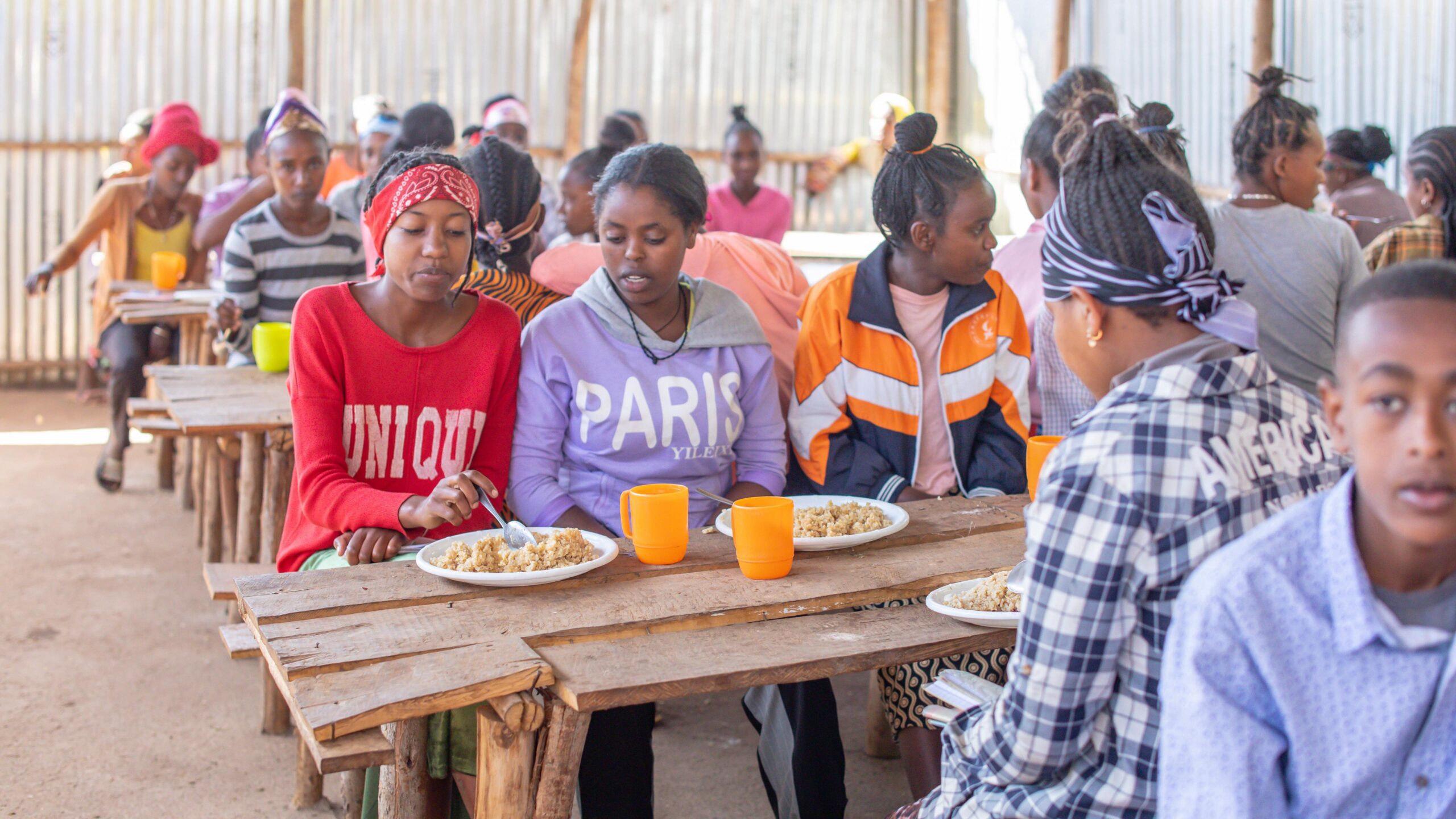You can buy a bottle of Coca-Cola just about anywhere in the world, at an affordable price. If it can happen with Coke, why not with nutritious food? This thought, expressed by Islamic Development Bank Agriculture and Rural Development Director Demba Ba, was one of many posed by experts at a recent DuPont roundtable hosted at IFPRI about the myriad ways private-sector ingenuity can be used to reduce hunger and malnutrition around the world.
Making food more affordable and accessible, reducing waste, bringing innovation to small farmers, easing bottlenecks to regional markets—the possibilities for private-sector engagement from farm to fork are vast, but largely untapped. Of course, the private sector has been active in agriculture since the first farmer bought the first seed, but today’s need to produce more food with fewer resources makes enlisting it in a collaboration with governments, civil society, research institutions, and others—especially on behalf of smallholder farmers—more urgent than ever.
DuPont Executive Vice President James Borel explained that DuPont currently invests more than $2 billion in research and development, “translating global science into local solutions,” and producing technologies such as high-yield seeds. Private sector-led science can also help farmers conserve natural resources, through innovations in irrigation technology and equipment, research in the use of recycled water, and new ways to convert marginal and saline lands to farmland.
However, to get technologies into the hands of smallholder farmers— along with knowledge of how to use them—the private sector needs partners. “You can’t just sell the seed to the farmer and have the solution,” Borel explained. When technology joins with education, the increase in yields for smallholders can be dramatic. “It’s life changing,” Borel said.
Private sector expertise in global supply chains can help make food more accessible as well as more affordable. Fair prices can encourage smallholders to produce, eat, and sell nutritious food. IFPRI Director General Shenggen Fan expanded on this theme: “The private sector has a role to make sure good nutrition is reflected in pricing,” he said. “If smallholders can sell nutritious and safe food to markets, they can earn income and send their children to school.”
The private sector also can help build capacity in farmers, according to Frannie Léautier, executive secretary of the Africa Capacity Building Foundation. For example, companies can invest in business schools to promote a business approach to farming, and can help commercial banks tailor financial instruments to make it easier for smallholders to assume more risk.
Léautier also talked about the rise in urban agriculture—especially in African cities, where residents are both growing vegetables and raising livestock. “Almost every family can have a few chickens,” she noted. However, policies are needed that encourage consumption of local, healthy products—policies that the private sector can use its “huge global footprint” to push. The technology for meeting urban demand for agriculture is there, but we need the right policies. With current subsidy policies, there is no incentive to switch to healthier, local foods.
There’s no secret formula for feeding the future. It all boils down to partnerships, says DuPont’s Lystra Antoine, who summed it up in her closing remarks: “No one actor can do it alone – we need a collaborative spirit.”
For more information on the event, see the event page: http://www.ifpri.org/event/dupont-agriculture-development-roundtable-series.
For information on DuPont and food security: http://foodsecurity.dupont.com/food-goals/. Send your suggestions for topics for future DuPont Agriculture Development Roundtable events to agdevelopment@pioneer.com.







